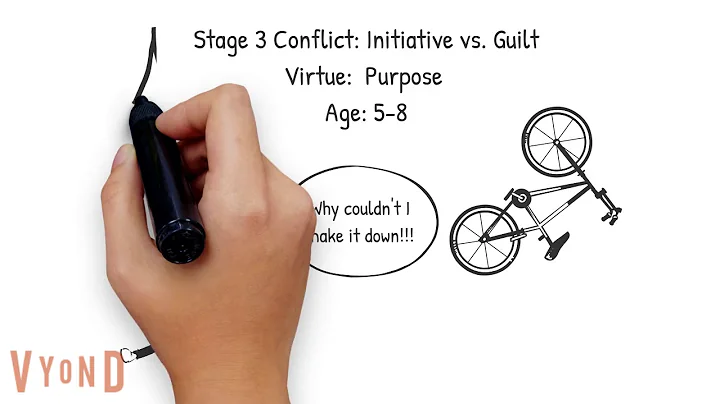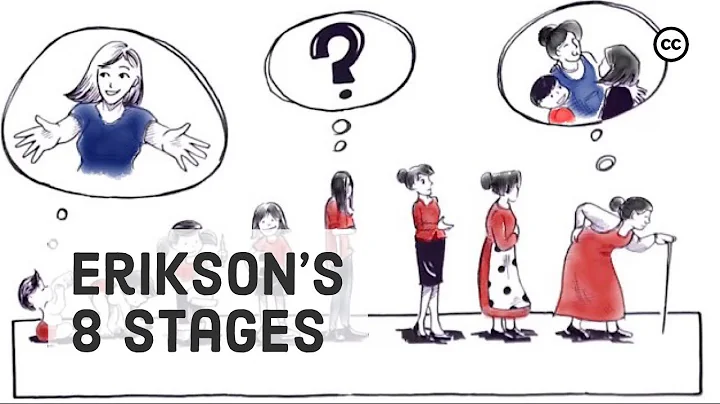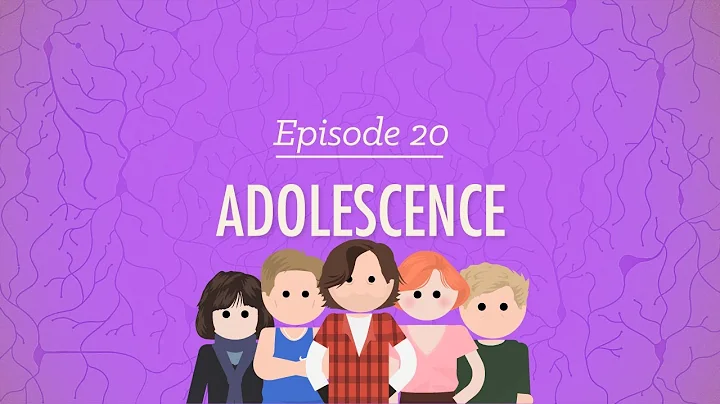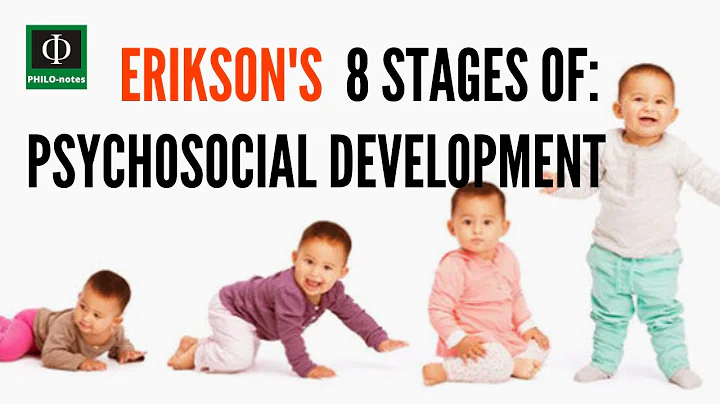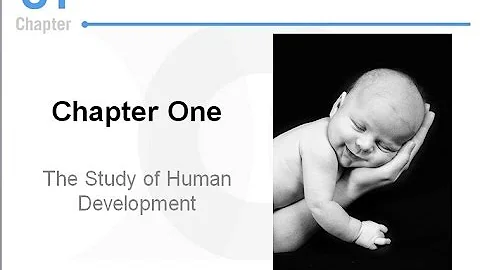First of all, why do we educate children by age? Because according to the personality development theory proposed by educational psychologist Erikson, it is also called psychosocial development theory . He believes that individual development lasts a lifetime, and people will face psychosocial problems that need to be solved at each stage of psychological development, which cause contradictions and crises in individual psychological development. If the individual can successfully solve the problems faced at each stage, it will have a positive impact on the individual's mental health development; on the contrary, it will have a negative impact.

Here we mainly talk about educational psychology. Our pictures only show 5 stages and do not show the stages after adulthood. Because the pictures are theoretical knowledge, we briefly sorted out what stages children have and what their psychological needs are? What exactly do parents do?
htmlBaby 10-18 months old
needs: what is needed is trust and security
What parents should do: consistently meet the baby's needs and need to accompany him as much as possible. Positive results that can be achieved with
: feeling good, trusting yourself and others, optimism.
18 months - 3 years old children
needs: to cultivate children's autonomy, children develop a sense of control over their own thoughts, emotions and behaviors.
What parents should do: Provide him with opportunities to complete tasks independently, such as dressing and eating. He needs to be encouraged for his independent attempts and should not be ridiculed or humiliated. Positive results that can be achieved with
: will training, self-control, decision-making.
htmlChildren aged 13 to 6 years old
needs: Cultivate children's sense of initiative, learn how to control their own behavior and surrounding situations, and develop a sense of purpose.
What parents should do: Children should be given more opportunities to make their own decisions, such as letting them choose the clothes they want to wear, pack their school bags, decide what to bring, and let them make as many choices as possible. Positive results that
can achieve: joy of success, initiative, direction and purpose, self-confidence and responsibility.
6 years old-12 years old
needs: to cultivate children's sense of diligence and avoid inferiority. Children develop a sense of competence when facing different tasks, especially in learning; otherwise, children will think that they are incapable, unlikely to succeed, and prone to low self-esteem.
What parents should do: Ask their children to do what they can, and parents will never do it for them; let them learn to do housework more, so that they can appreciate the hard work of their parents. In terms of learning, children are encouraged to compare their current performance with their previous performance, rather than comparing them horizontally with others. Positive results that
can achieve: being able to be proud of the completion of the work, and learning the ability to process knowledge and deal with people.
Adolescence
Requirements: Identity. Have a fixed direction of struggle and a goal. As adolescents explore various aspects of their self-identity, they either develop an integrated self-concept and self-expectations while avoiding confusion about their self-concept and future expectations.
What parents can do: Teenagers should be encouraged to self-identify and role models should be set for them. Give him more space, and don't rush to deny him when you see his shortcomings! You need to have more heart-to-heart conversations with your children, listen more to their thoughts, and understand them. Positive results that
can achieve: confidence in internal consistency and continuity, vision for the future, and gaining identity in career, gender roles, etc.
I hope this article can give everyone a simple scientific understanding of the mental health and psychological development of children of different ages, and guide and train their children scientifically. This will not only make the children develop healthier, but I believe that as parents, they will also be more healthy. Easier and more assured. The theoretical viewpoints of the article are compiled from "Educational Psychology".

I am a psychology note, learn and share a piece of psychological knowledge every day, and live a better life!
